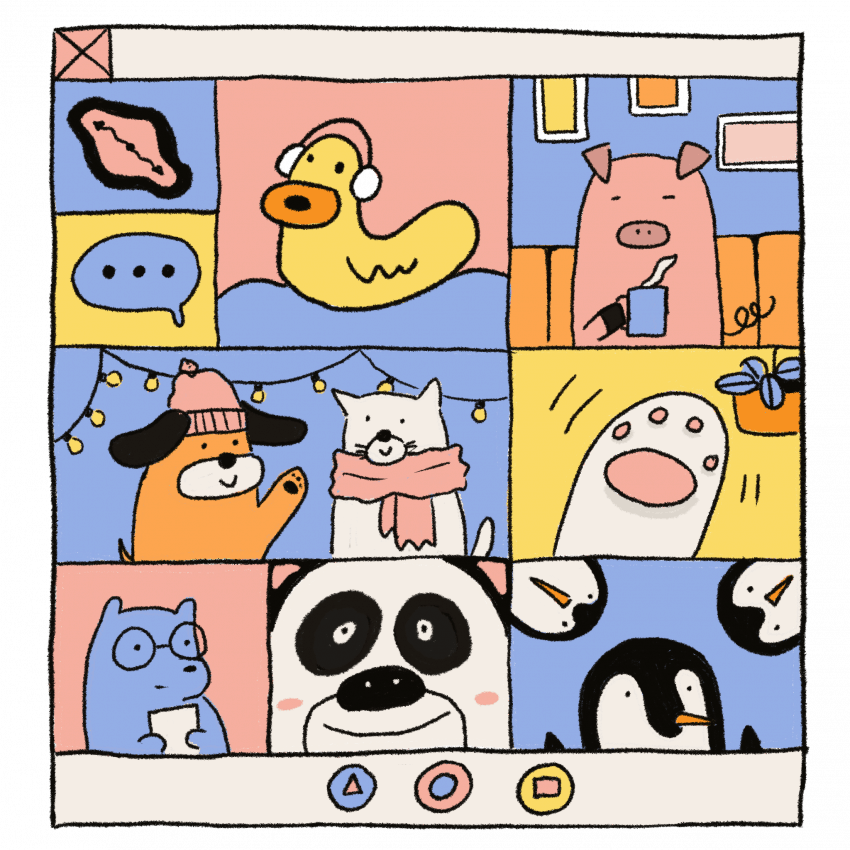
With our entire days being lived online, I have wondered whether the communities I cherished could exist on the web too — it turns out that they can.
First-year learning communities bring together a group of new University of Saskatchewan students and two peer mentors, who meet once a week to learn, grow and share their university experience. Heading into this year, I was skeptical whether these spaces of friendship would ever be the same. Without being in the same room, could communities such as First-year Learning Experience foster the same level of connections?
To my great surprise, with creativity, imagination, smart use of technology and a whole lot of will, online communities can be just as fulfilling.
Rather than crowding into a study room in Murray Library, my FLEX group met using Webex — our twenty faces in twenty different panels.
Rather than icebreakers that involve moving around we used online games, challenging each other on trivia, drawing skills and lie detection.
Rather than breaking the group into smaller groups in different parts of the room, we used breakout rooms.
While FLEX took a completely different form this year, it quickly became the highlight of the term for me. I would look forward to the one-hour session with students every Tuesday, to the training session every Thursday and to planning the session for the upcoming week every weekend.
Despite not sharing the same space, our FLEX community managed not only to achieve its outcomes, but to thrive. It became our space to share how our week had been, the highs and the lows. It was a space to share study techniques and reflect on how to better achieve work-life balance. A space to acknowledge mental health issues and a space to collaborate with peers to build a better world.
I have finished my first semester as a peer mentor with twenty two friends, friendships that will last long into all our university journeys.
I’ve come to understand that while many aspects of our life may be on pause right now, we have to find ways to make our communities happen. And technology — the internet, online platforms and video chats — is one way to achieve that.
As a peer mentor responsible for facilitating these weekly sessions, I’ve learnt a few lessons on how to make online communities flourish.
The first is to explore. Being online doesn’t mean you have to build your entire program from scratch. There are many brilliant, exciting and fun applications out there to engage you and your group in any form of activity. Use them, share feedback on them and if you end up creating something new, share that with the larger community so that others can enjoy it as well.
Second, ensure that you are adapting to the circumstances. Online community doesn’t mean simply moving programming from the physical world to the online one. It means taking the opportunity to adapt and develop programming that centres around engagement.
Third, acknowledge that you are doing your best. We are at a new frontier — never before has so much of our world existed purely in the online world. So when experimenting with activities, discussions and projects, know that mistakes and missed goals are part of the experience. Rather than worry about the failures, take the risk and, either way, learn from it.
Developing online communities will make our existing ones more resilient to future challenges and will provide a new way to experience these much needed spaces.
—
Vaidehee Lanke | Opinions Editor
Graphic: Anh Phan | Design Editor
Leave a Reply